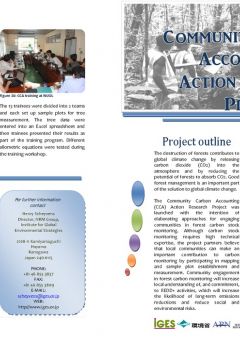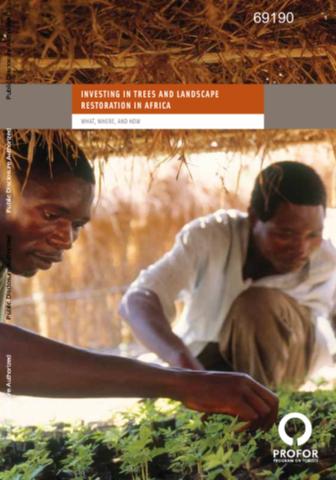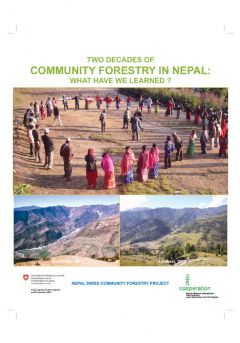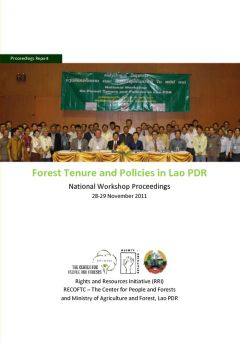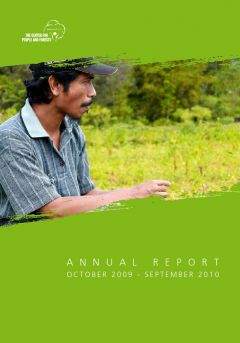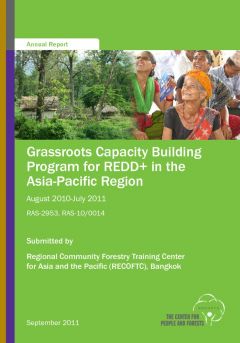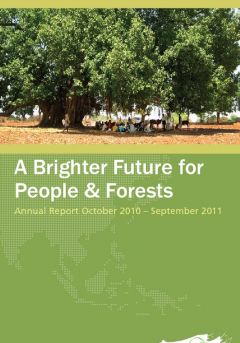Swietenia macrophylla King: ekologi, silvikultur dan produktivitas
This manual gathers information on the ecology and silviculture of Swietenia macrophylla King, with a focus on Indonesia. It also includes growth and yield data from published sources, collected from smallholders’ farms in the research sites in South Kalimantan province, and collected previously by the Forestry Research and Development Agency of Indonesia. This manual is one of five manuals that guide smallholder tree planting of five selected tree species in Indonesia.



